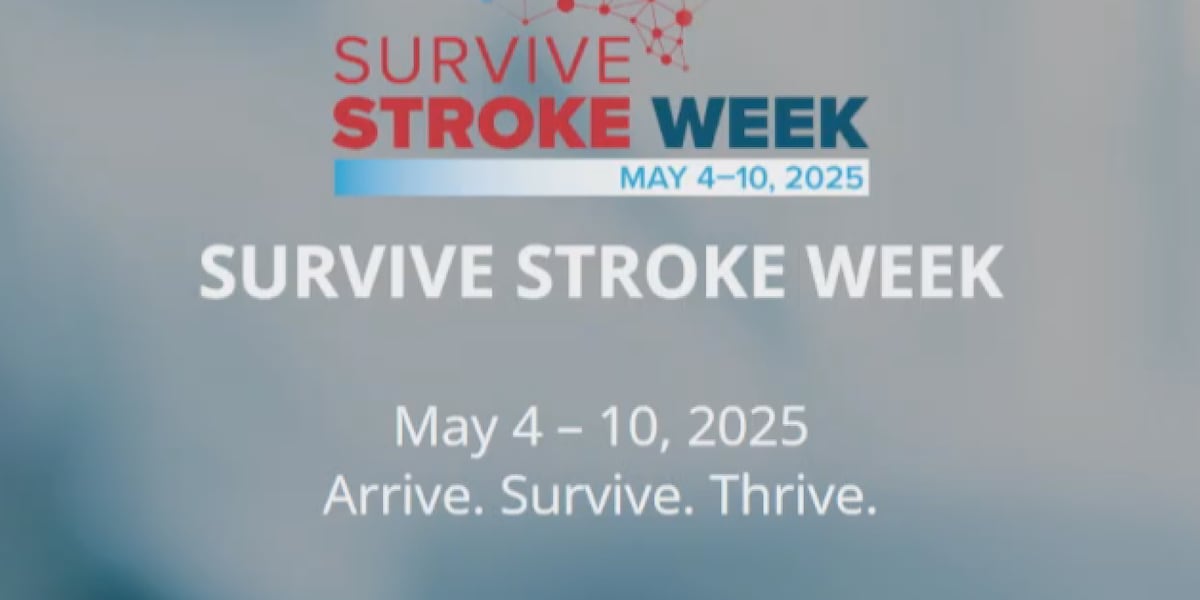Silent Killer Unmasked: Health Experts Launch Critical Stroke Awareness Campaign

Survive Stroke Week: Empowering Communities Through Awareness and Prevention
Health professionals are launching a critical campaign to educate the public about stroke prevention, recognition, and recovery during the annual Survive Stroke Week. This important initiative aims to raise awareness about one of the most serious health challenges facing communities today.
Strokes can strike suddenly and without warning, making early detection and immediate action crucial for survival and minimizing long-term damage. Medical experts emphasize that understanding the warning signs can literally save lives.
Key Awareness Points:
- Recognize sudden symptoms like facial drooping, arm weakness, and speech difficulties
- Understand risk factors such as high blood pressure, diabetes, and lifestyle choices
- Learn the critical "FAST" method for stroke identification
- Promote healthy lifestyle changes that can reduce stroke risk
During Survive Stroke Week, local health centers will offer free screenings, educational workshops, and resources to help community members become more informed and proactive about stroke prevention.
Remember, knowledge is power when it comes to stroke awareness. By spreading information and understanding, we can help protect ourselves and our loved ones from this serious medical condition.
